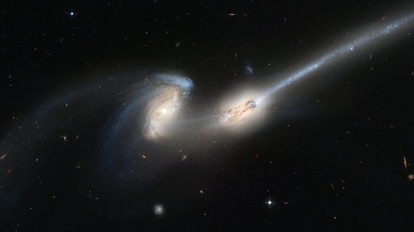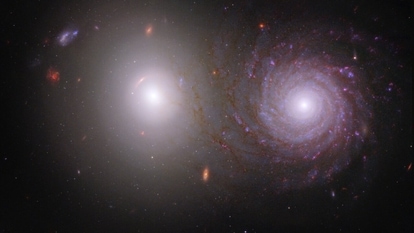Apollo group asteroid to pass Earth by just 57000 km today, says NASA! Know how big it is
NASA, using its advanced space tech, has revealed that a Near-Earth asteroid will come as close as just 57000 kilometers to Earth! From size to speed, know all about the asteroid.

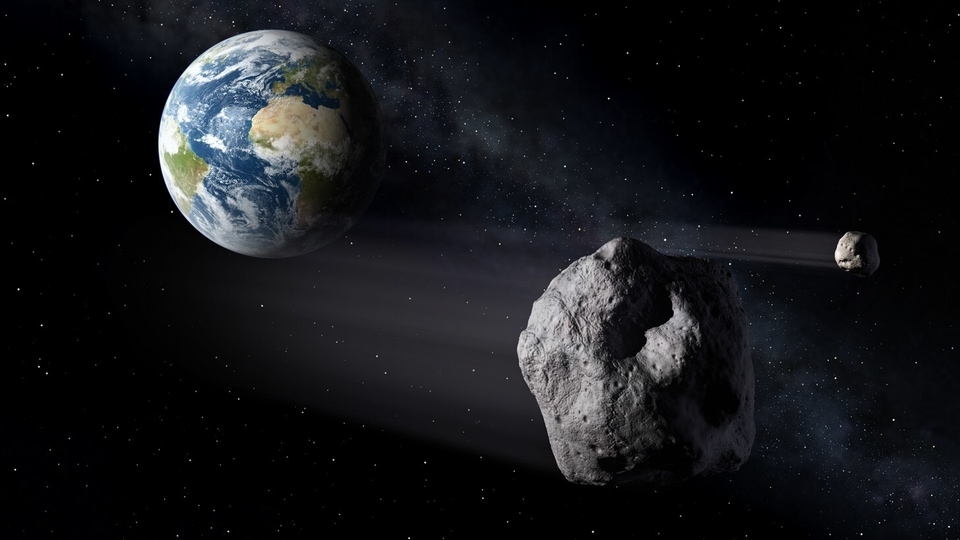
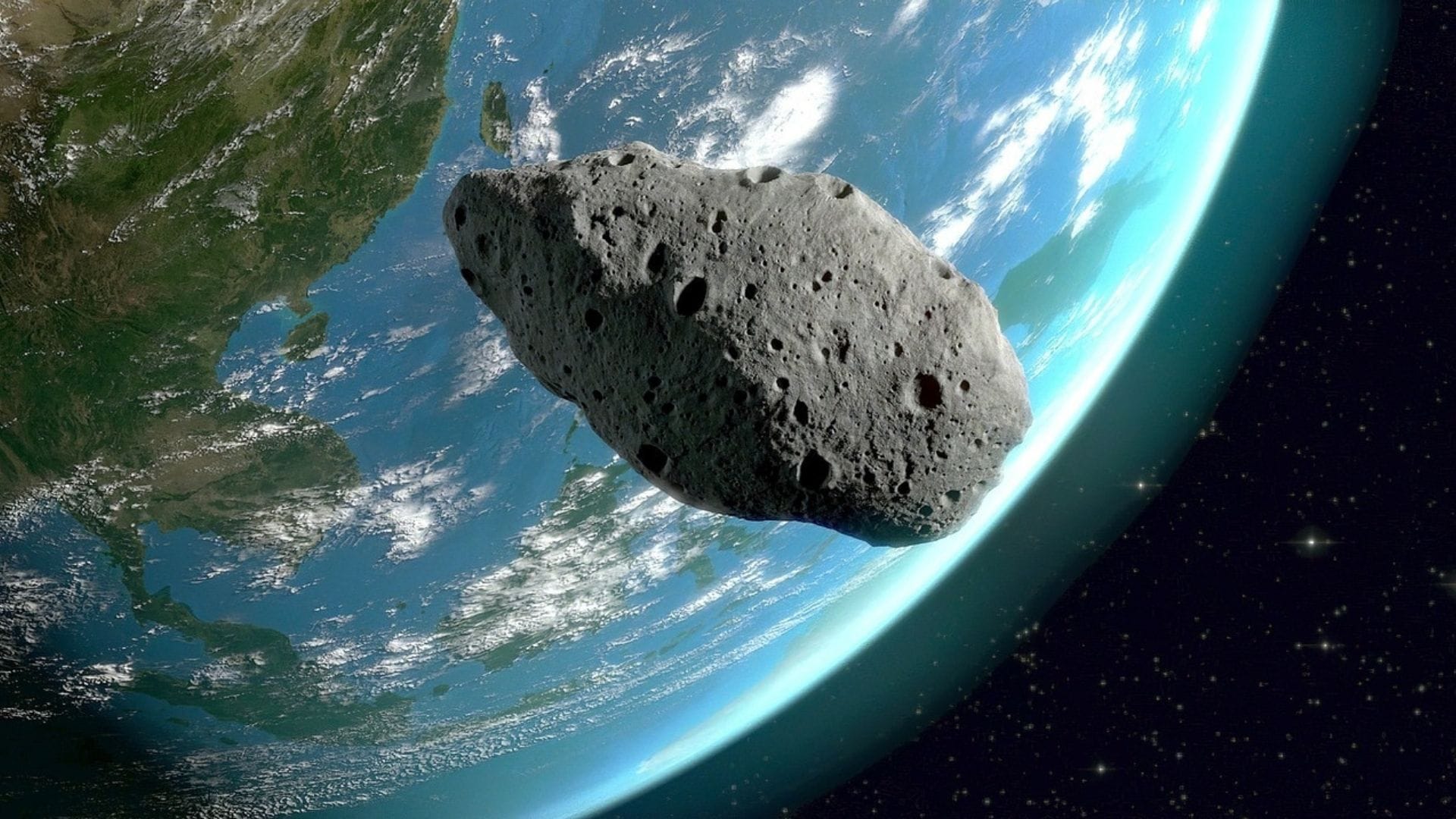
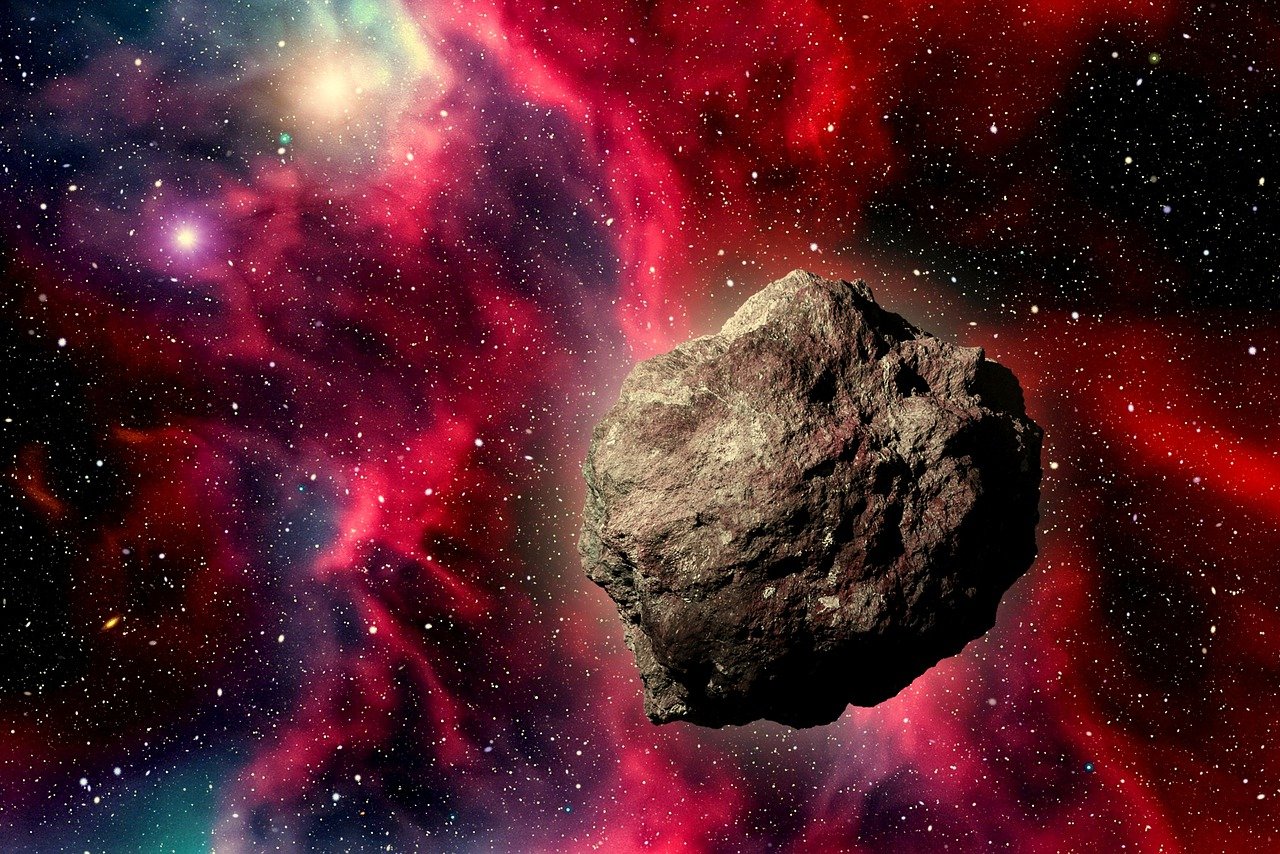

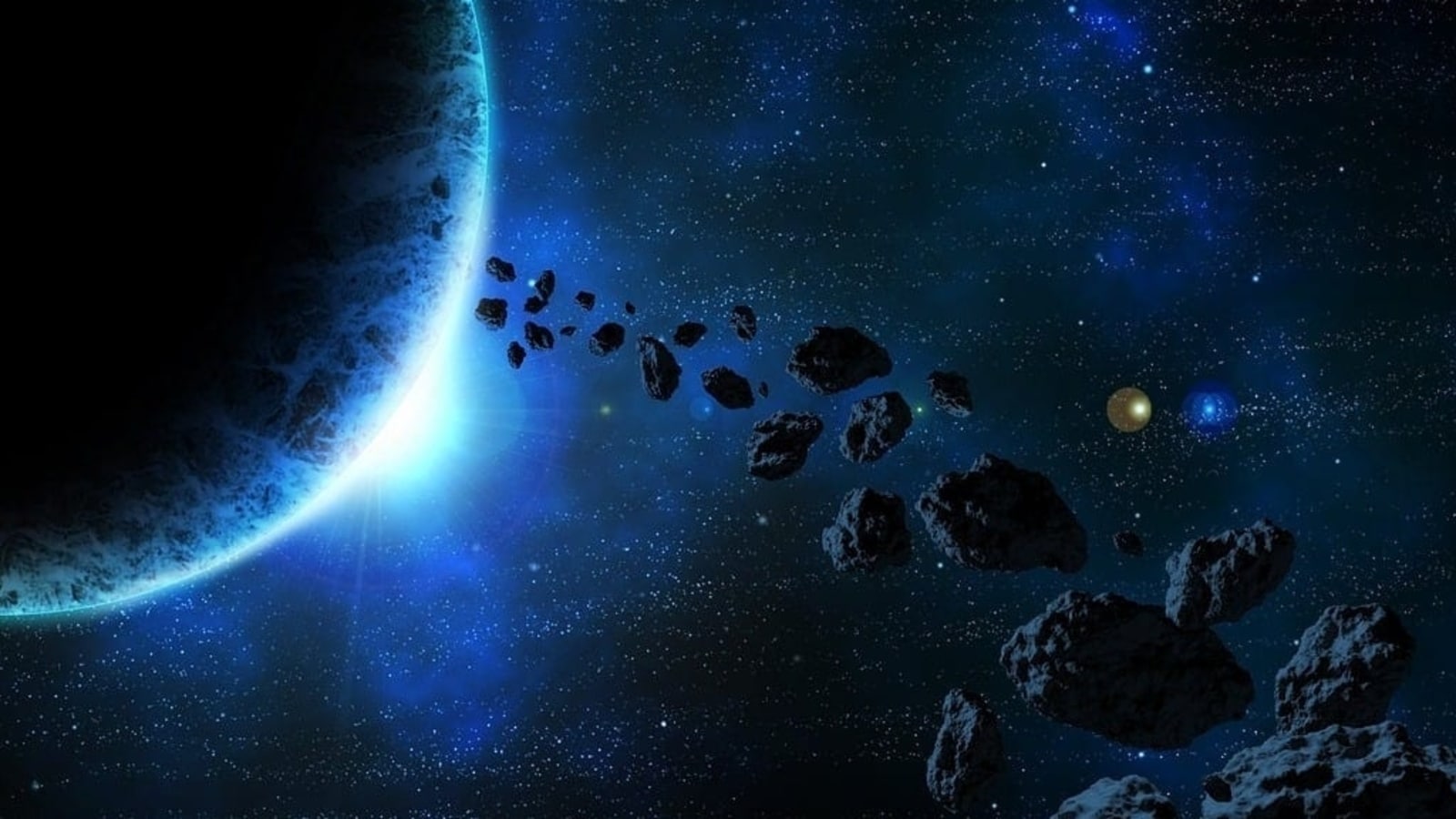
 View all Images
View all ImagesFebruary 2024 was filled with numerous asteroid approaches and the beginning of March is set to continue this trend. Since asteroids are millions of kilometers away in space, how are they tracked? As soon as NASA's telescopes track a new Near-Earth Asteroid (NEA), astronomers measure the asteroid's observed positions in the sky and report them to the Minor Planet Center. The Center for Near-Earth Object Studies (CNEOS) then uses that data to determine the asteroid's most likely orbit around the Sun, according to NASA. Using its advanced tech, NASA has shed light on an asteroid that is predicted to pass Earth very closely today, March 4.
Also Read: 8 most valuable asteroids in our solar system
Asteroid 2024 EF
The asteroid that is set pass Earth today has been designated Asteroid 2024 EF by NASA CNEOS. It is expected to pass Earth at a distance of just 57,000 kilometers! It will be one of the closest asteroid approaches in recent months, happening at a distance that is nearly 7 times closer to Earth than the Moon!
As per the US Space Agency, it is travelling in its orbit at a speed of 31080 kilometers per hour which is faster than an Intercontinental Ballistic Missle (ICBM)! It is just one of the four asteroids expected to pass the planet today, with the other two being Asteroid 2024 CK8, Asteroid 2024 CW6 and Asteroid 2024 EA.
Also Read: 5 asteroids to pass Earth in the coming days
Is it dangerous?
While it will pass Earth very closely, Asteroid 2024 EF does not pose a danger to the planet due to its relatively small size. NASA says it is just 19 feet wide, making it almost as big as a car. However, it has still been designated as a Near-Earth Asteroid (NEA) due to its close distance of approach, although it is not expected to actually impact the planet.
NASA says Asteroid 2024 EF belongs to the Apollo group of Near-Earth Asteroids, which are Earth-crossing space rocks with semi-major axes larger than Earth's. These asteroids are named after the humongous 1862 Apollo asteroid, discovered by German astronomer Karl Reinmuth in the 1930s.
One more thing! We are now on WhatsApp Channels! Follow us there so you never miss any updates from the world of technology. To follow the HT Tech channel on WhatsApp, click here to join now!
Catch all the Latest Tech News, Mobile News, Laptop News, Gaming news, Wearables News , How To News, also keep up with us on Whatsapp channel,Twitter, Facebook, Google News, and Instagram. For our latest videos, subscribe to our YouTube channel.







